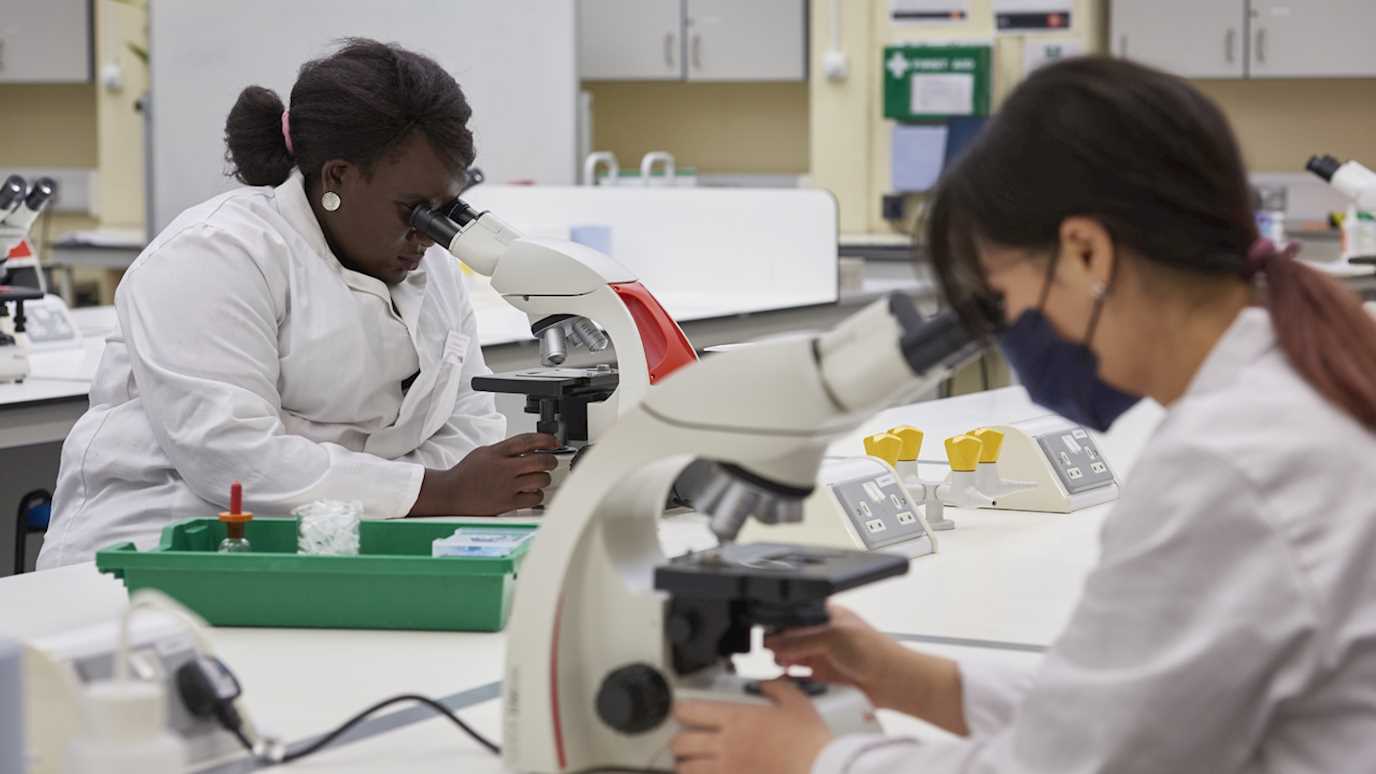The data collected over the last 20 years will be used to deepen the understanding of the prisoners' experience. This project is made possible by an ESRC grant.

For more than two decades, HM Inspectorate of Prisons for England and Wales (HMI Prisons) has conducted detailed, confidential surveys of prisoners and other detainees as an integral part of its inspections. This has generated a unique database of historic survey data from at least 100,000 respondents, with more than 10 million analysable responses. These have been collected from prisons, young offender institutions, secure training centres, immigration detention facilities and military detention establishments. Surveys cover a wide range of topics - from views on the quality and quantity of food to concerns about safety – and provide an invaluable insight into the experiences and perceptions of treatment and conditions for prisoners and detainees since 2000.
HMI Prisons has always published findings, with its reports, drawn from its analysis of survey material, but has not made the full raw data more widely available for further research purposes. Now, however, with the support of HMI Prisons, a research team from the Department of Law and Criminology at Royal Holloway University of London (RHUL), has obtained a £240,000 grant from the ESRC's Secondary Data Analysis Initiative to study this raw data for the first time. The RHUL team’s research proposal was based on a feasibility study, with HMI Prisons, to explore whether and how the historic data could be made more widely available.
The project will begin in September 2021 and will focus initially on data from adult prisons, though data from other places of detention will also be prepared for potential wider use. The overall project will inform and enrich the Inspectorate’s thematic and other inspection work, and the information it provides to other bodies. It will also be of wide benefit to practitioners, policy makers and academic researchers.
The multi-disciplinary RUHL research team will be led by Professor Rosie Meek from the Department of Law and Criminology and includes Professor Nick Hardwick (a former Chief Inspector of Prisons); Dr Melissa Henderson (Law and Criminology); Professor Arnaud Chevalier from the Department of Economics; and Professor Kathy Rastle from the Department of Psychology. Researchers Dr Anthony Quinn and Dr Janet Bowstead will contribute to the project and will be joined by an additional post-doctoral researcher (to be appointed). The project will be supported by an advisory group with wide ranging expertise in prisons.
The six-month feasibility study examined the technical and ethical challenges in accessing the data. Focus groups with prisoners suggested strong support for using their survey data to achieve maximum policy impact and detailed examination of the data established it was accessible and of sufficient quality to form the basis of a major study. Work on the feasibility study led to three peer reviewed papers that examined these practical and ethical issues and described an initial examination of the data that discussed differences in how prisoners reported their treatment according to their ethnicity and age.
The full eighteen-month project will begin in September 2021 and address the following questions:
- What are the relationships between self-reported characteristics and experiences of prisoners who report feeling unsafe and what does this suggest about who is at risk and where interventions should be made to improve prisoner safety?
- What are the relationships between self-reported characteristics and experiences of prisoners and how do these vary according to perceptions of likelihood of reoffending and the rehabilitative support received? What does this suggest about where and to whom interventions should be targeted in order to best to support rehabilitation?
- How do the conditions and experiences prisoners report relate to the amount of time they are unlocked from their cell each day and their opportunities to engage in meaningful activity, including education, recreation and offending behaviour programmes? How could this knowledge be used to improve prison regimes?
- How do survey responses and observed trends change over time and in relation to significant policy and organisational differences / changes, and according to prisoners’ characteristics, sentence and prison?
At each stage of the project we will consult closely with prisoners themselves, leaders from within the prison service and third sector, and academic users of the data. Each research question will result in a peer reviewed paper and a practitioner guide. An equally important outcome of the project will be to work closely with HMI Prisons to make the data available to other academics and policy makers. While this stage of the work focuses on adult prisons, we will prepare the survey data from establishments holding children and immigration detention centres so that can be made accessible too.
At a time when prisons and other places of detention have been under huge stress from the pandemic and significant changes are planned for when pandemic-related restrictions ease - but when prisons have never been more inaccessible to researchers and others concerned about what is happening within them - this project could not be more timely. We will post updates on progress here as the project develops and please do not hesitate to contact us if you have questions about our plans.
For further information, please contact Professors Rosie Meek (at R.Meek@rhul.ac.uk) and Nick Hardwick (at nicholas.hardwick@rhul.ac.uk).

























